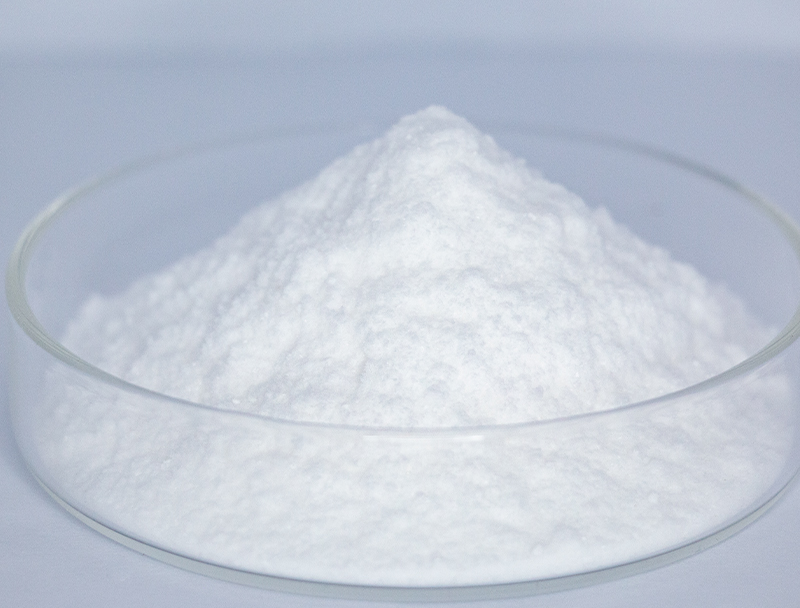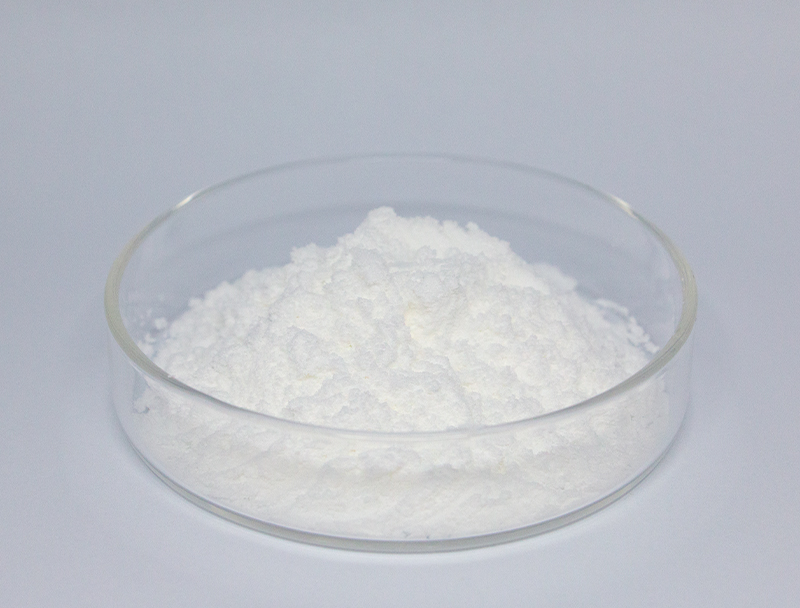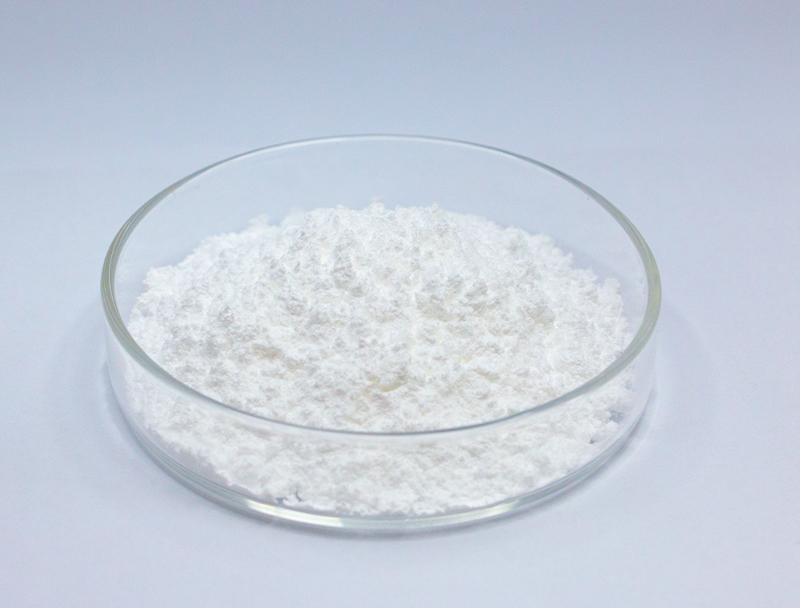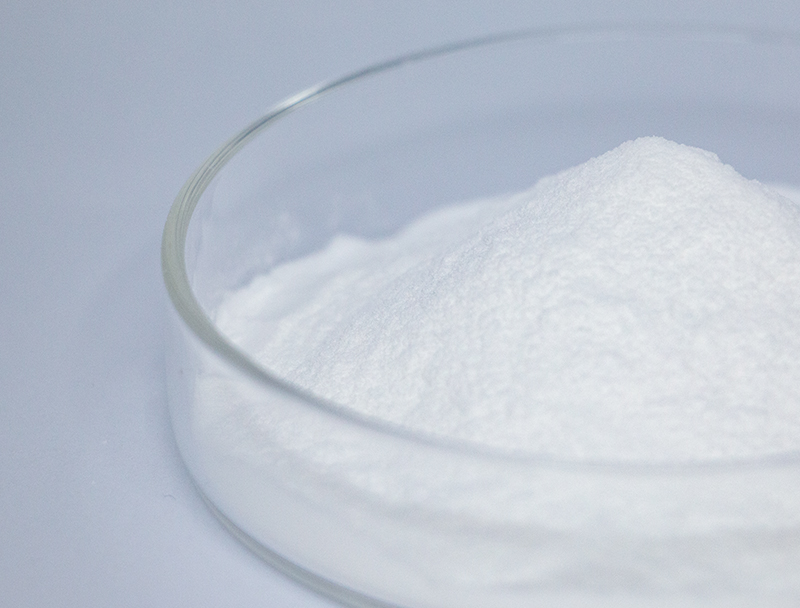formulation friendly ingredients compound libraries optimized sialic acid

Bioprocessing depends strongly on a plentiful suite of starting materials for developing state-of-the-art biosolutions.
Assuring ethical acquisition of feedstocks is critical to longevity and principled development in the sector.
an array of drawbacks from conventional supply chains including carbon-intensive impacts and resource exhaustion. Consequently, biotech firms need proactively to adopt sustainable procurement approaches to reduce environmental impact.
- Illustrations of eco-conscious sourcing involve:
- Employing waste-stream inputs from industry leftovers
- Establishing regenerative loops to cut waste and elevate material utilization
- Teaming up with provincial partners who practice sustainable procurement
Shifting to ethical sourcing drives environmental value and long-term commercial viability.
Enhancing Biomass Composition for Superior Biofuel Results
Maximizing the efficiency of biofuel production relies heavily on the quality and composition of biomass feedstocks. Researchers repeatedly investigate innovative methods to enhance feedstock potential, yielding greater biofuel outputs and greener energy prospects. Efforts pair genetic enhancement for feedstock abundance with advanced pretreatment to produce usable sugars.
- Concurrently, efforts examine seaweed, industrial byproducts, and crop residues to increase the variety of renewable feedstock alternatives for fuel production.
- Through these continuous efforts, the field of biofuel production is poised to make significant progress in the coming years, paving the way for a more renewable energy landscape.

Upstream Process Improvements for Modern Biopharma Production
entails beginning production stages such as cell growth and biomass recovery Recent advances in this domain have led to improved production processes, ultimately increasing product yield.
Important innovations consist of upgraded cell platforms, customized nutrient matrices, and smart bioreactor solutions. These strategies improve manufacturing efficiency and lessen cost and ecological effects.
- Concurrently, continuous manufacturing approaches bring amplified flexibility and more consistent upstream outcomes.
- Embracing sophisticated manufacturing strategies is poised to change industry norms and shorten development cycles.

Molecular Editing Strategies to Increase Bioproduct Output
improvements in molecular editing platforms like CRISPR have updated therapeutic production processes. With exact genomic alterations, researchers improve host productivity for therapeutic manufacture. This capability can unlock development of cost-efficient, high-performance biologics for many conditions.
Biodegradation Strategies Using Targeted Microbial Cultures
state-of-the-art biological cleanup solutions using targeted microbial actions. Microbial species can metabolize and convert hazardous compounds into benign byproducts.. Leveraging microbial biotransformation promotes sustainable remediation that curbs industrial environmental impacts.. Research teams analyze microbial diversity to find candidates that metabolize heavy metals, break down pesticides, and treat oil-contaminated matrices.. Microbial cultures can function in contained bioreactors or be deployed onsite to facilitate biodegradative remediation..
Microbial-based approaches to remediation bring considerable advantages over traditional solutions. These methods are economical and eco-conscious while reducing hazardous secondary waste. Moreover, microbes can be tailored to address specific pollutants with minimal impact on non-target organisms. Research progresses swiftly to enhance microbial remediation efficiency and practical effectiveness.
Computational Biology in Drug Discovery
Digital bioinformatics methods are central to evolving therapeutic discovery processes. From identifying potential drug candidates to optimizing their efficacy and safety, bioinformatics enables a more efficient and data-driven approach.
- By analyzing vast datasets of genomic, proteomic, and clinical data, bioinformaticians can uncover novel drug targets and predict the activity of potential therapeutics.
- Furthermore, computational modeling of drug–target interactions aids rational design of higher-performing therapeutics.
- In conclusion, computational biology reshapes discovery pipelines and speeds delivery of reliable treatments for patients.
Cell Factory Optimization for Higher Bioproduct Output
deploys several tactics to elevate cellular production of valuable biochemicals. Methods might combine targeted gene changes to rechannel flux, regulatory element design to control expression, and exogenous gene introduction to provide fresh capabilities.. Through strategic metabolic edits practitioners can markedly increase the synthesis of target products.
Such holistic engineering could impact many areas including medical therapeutics, agricultural outputs, and biofuel production.

From Lab to Plant: Challenges and Opportunities in Biomanufacturing Scale-Up
Large-scale manufacturing brings notable difficulties together with growth opportunities. Retaining quality standards during scale enlargement is a core difficulty. Managing it necessitates robust automation, high-fidelity monitoring, and powerful analytical capabilities.

Additional complexity arises because biopharma production entails many coordinated stages.. Reengineering workflows for mass production involves rigorous R&D and inventive technology deployment.. However, the potential rewards are substantial. Efficient scale-up can amplify access to medicines, compress costs, and strengthen returns.
A range of strategies is being implemented to address scaling problems. Approaches include cutting-edge process optimization tech, comprehensive analytics for control, and disruptive manufacturing designs.
- Product development and process R&D are pivotal to boosting production capabilities.
- Regulators are reforming approval systems to facilitate adoption of advanced manufacturing and nurture innovation.
Regulatory Strategies for Biopharma Compliance and Patient Protection
The development of biopharmaceuticals is a complex process that requires stringent regulatory oversight to ensure both patient safety and product efficacy. Products of biological origin introduce specific challenges that differ from standard drug development.
Agencies like FDA and EMA develop frameworks and criteria for validating and approving cutting-edge biotherapies..
Robust assay and safety testing are obligatory from discovery through post-marketing surveillance.. The protocols serve to uncover safety concerns and certify that products fulfill rigorous protection standards..
Moreover, oversight agencies continually refine approaches to align with accelerating scientific progress in therapeutics.. Policies involve deploying novel tech and expediting development while preserving commitment to patient safety.

Evaluating Plant Biomass for Bioplastic Production
The trend toward sustainability stimulates development of renewable material technologies. Plant-origin feedstocks converted into bioplastics create promising opportunities for eco-friendly materials. Plant inputs like corn-derived starch, cellulose derivatives, and sugarcane can be turned into degradable plastics that lessen environmental burdens.
In addition, certain bioplastics match performance of petroplastics, enabling broad applicability in multiple sectors.. Continuous development will unlock plant biomass value for sustainable bioplastic production and support circular systems.
Biotechnology's Potential to Transform Health and Food Supply
Biotechnology offers potent solutions for advancing public health and enhancing food security. By harnessing genetic engineering, synthetic biology constructs, and advanced cell therapies, technologists deliver capabilities to reduce disease burden, raise crop outputs, and increase food value. Illustratively, crops altered for pest resistance and stress Calcium Propionate endurance support increased harvests and diminished pesticide usage.. Furthermore, biotechnology supports creation of vaccines, therapeutic agents, and advanced diagnostics that strengthen responses to infectious threats and enhance health outcomes.. Looking forward, continued biotech progress promises to deliver therapies and agricultural solutions that support health and sustainability worldwide.
